As the world faces crises and turmoil, it is crucial to enhance mutual learning among cultures, protect the diversity of civilizations, implement the Global Civilization Initiative, and promote peaceful development through cultural exchanges, officials and experts from around the world said on Thursday at the opening of the Beijing Cultural Forum.
The forum, with the theme of "Enhance Cultural Exchanges for Common Progress", attracted more than 800 domestic and international guests from various fields to discuss topics such as cultural exchanges, cultural heritage and inheritance, cultural trends and cultural empowerment.
Addressing the opening ceremony of the forum, Li Shulei, a member of the Political Bureau of the Communist Party of China Central Committee and head of the Publicity Department of the CPC Central Committee, said it is important to treasure cultural heritage and nurture the roots of Chinese culture.
Emphasizing that Chinese-style modernization harmonizes material civilization and spiritual civilization, Li advocated cultural prosperity to enrich the life of the Chinese people.
To enhance mutual understanding among civilizations, Li encouraged the strengthening of exchanges and cooperation in culture, academic research, tourism, youth engagement and sister cities.
Irina Bokova, former director-general of the United Nations Educational, Scientific and Cultural Organization, said the role of culture in building a more sustainable world is now widely recognized and reflected in international agendas, particularly the UN's 2030 Agenda for Sustainable Development.
Bokova said she was impressed by China's development of the cultural sector, which accounts for 4.46 percent of the nation's GDP. She pointed out that culture not only fosters social inclusion, community awareness and a sense of belonging, but is also crucial for sustainable development and growth. China has set a good example, she said.
"I believe that China has a profound understanding of culture and has a responsibility to share it with the world. That's why the forum is held," she added.
Former Japanese prime minister Yukio Hatoyama said that he agreed with the Global Civilization Initiative, proposed by President Xi Jinping last year, which advocates mutual respect, mutual learning among different cultures and building a community with a shared future for mankind.
"I believe this is very important for humanity both now and in the future. We must advocate mutual respect and understanding among nations," Hatoyama said. "Only by adhering to this principle can East Asia and the world achieve lasting peace."
Former French prime minister Jean-Pierre Raffarin said in a video speech delivered to the forum that culture should bring new momentum to cooperation, especially when the world is filled with threats and challenges.
"Our world should choose collaboration over tensions," he said.
Gabor Csaba, deputy state secretary for cultural diplomacy at Hungary's Ministry of Culture and Innovation, said that promoting cultural exchanges and dialogues between civilizations to enhance mutual understanding is of unprecedented importance. The lack of understanding between the Euro-Atlantic region and China continues to generate mistrust, which occasionally has negative impacts on relationships, Csaba added.
Only cultural cooperation based on mutual respect and understanding can lay the foundation for common harmonious development and prosperity, he said, adding that there needs to be deeper cultural dialogue and cooperation between Europe and China.
The forum will last until Saturday, with a series of parallel forums, workshops on various topics, an industrial investors conference and cultural activities held in Beijing at various venues for public participation.









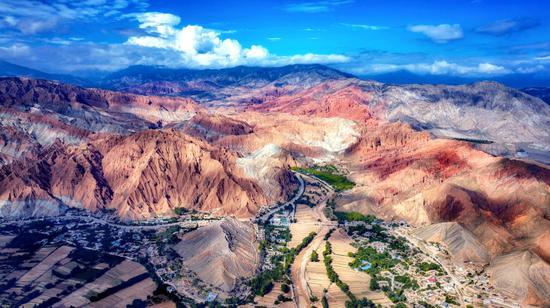
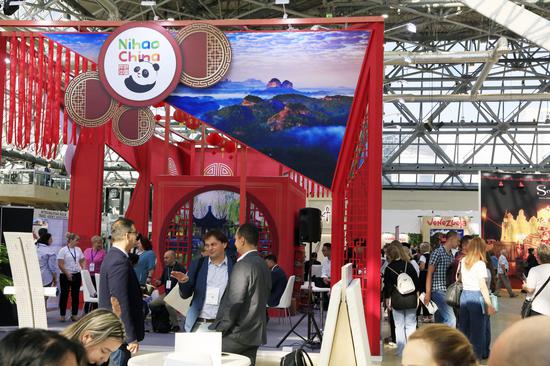
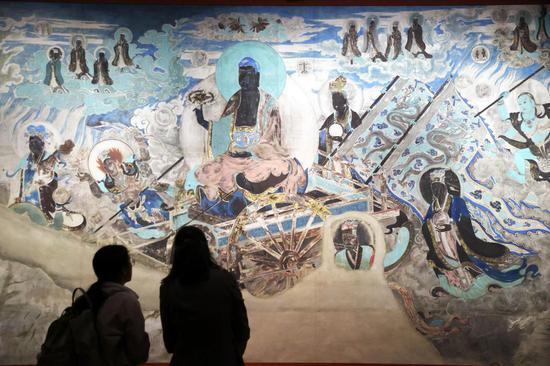
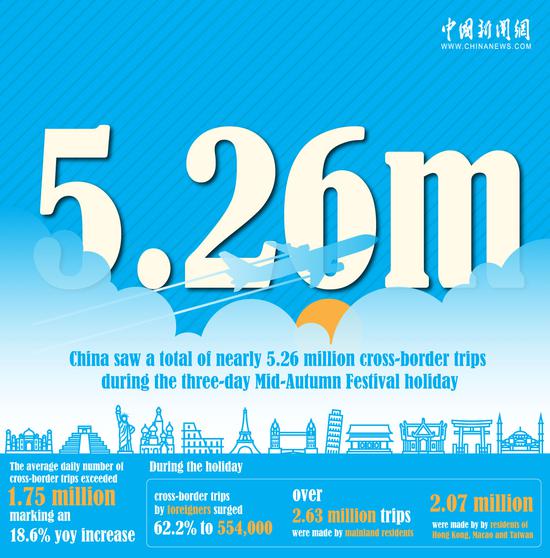
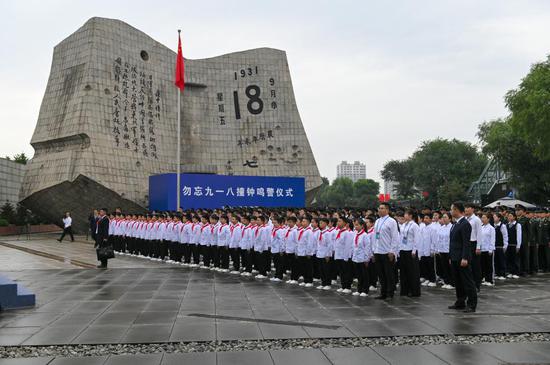
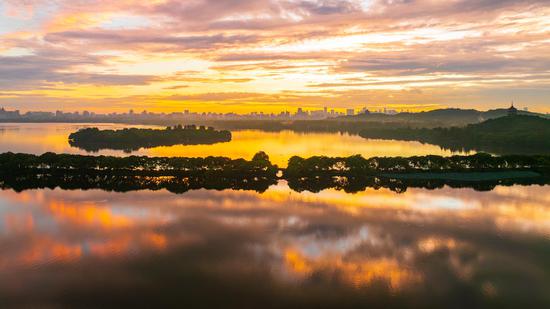
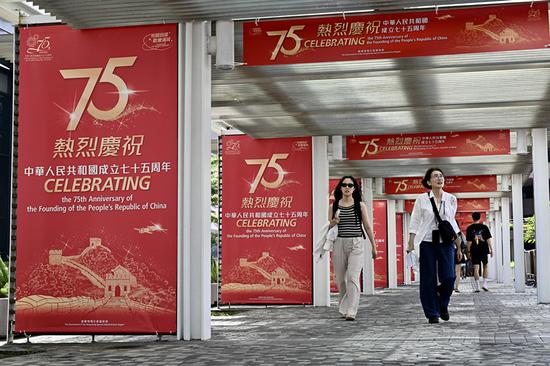
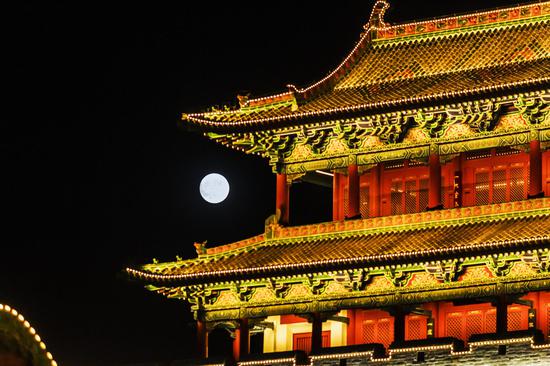
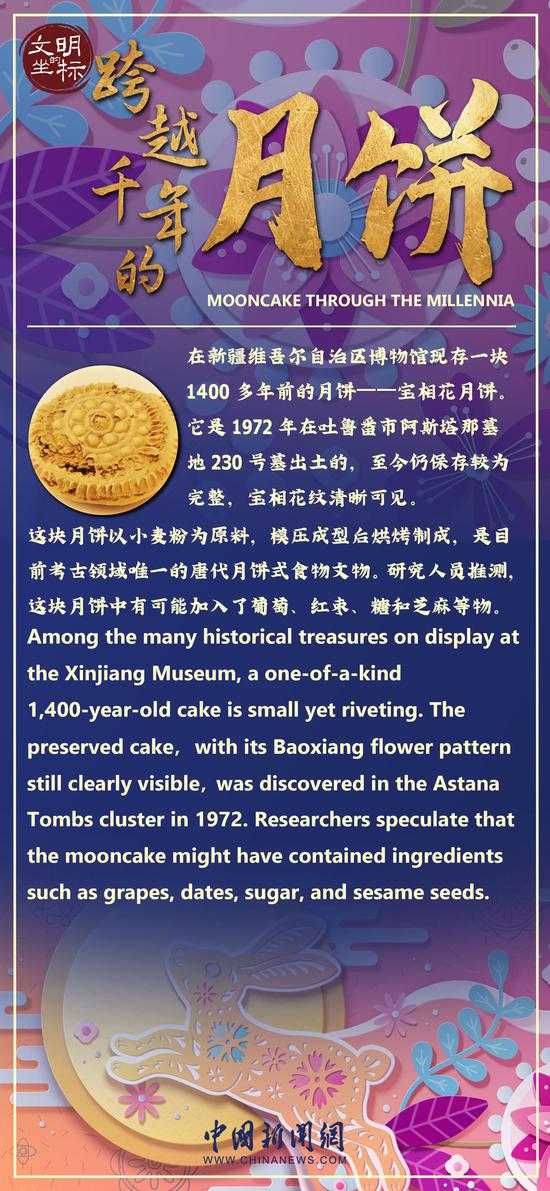
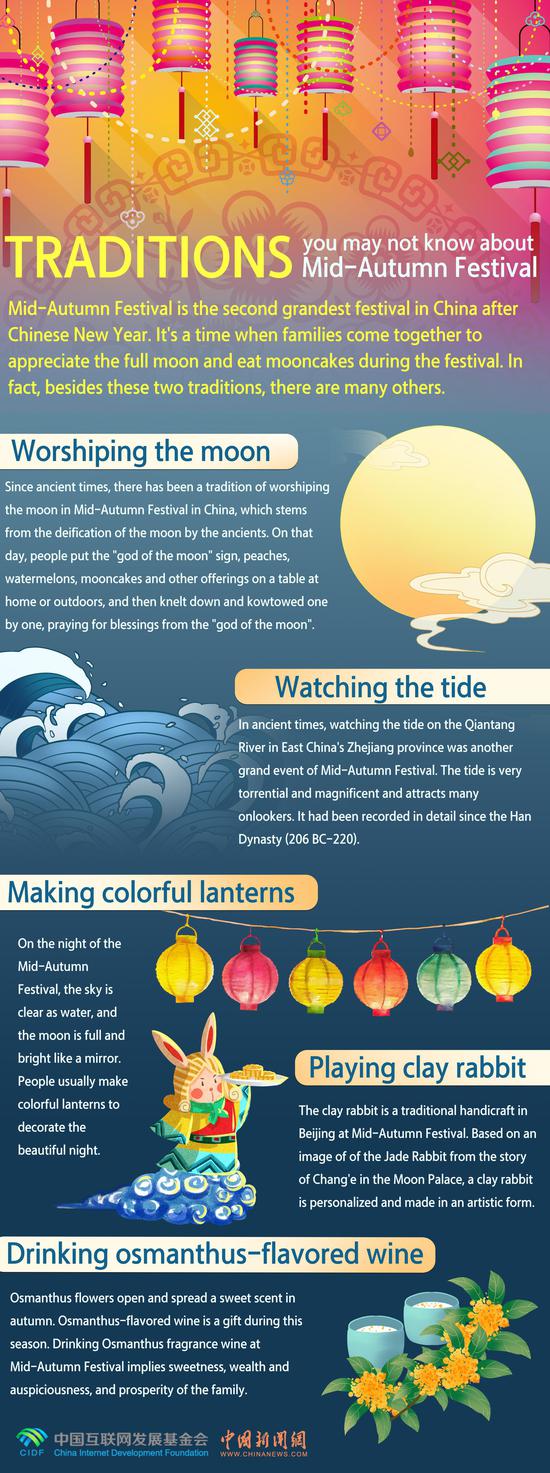
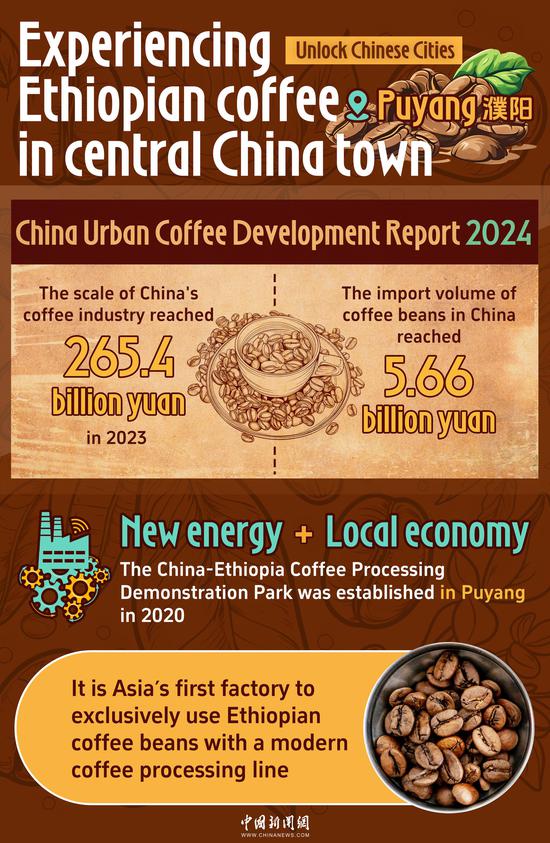

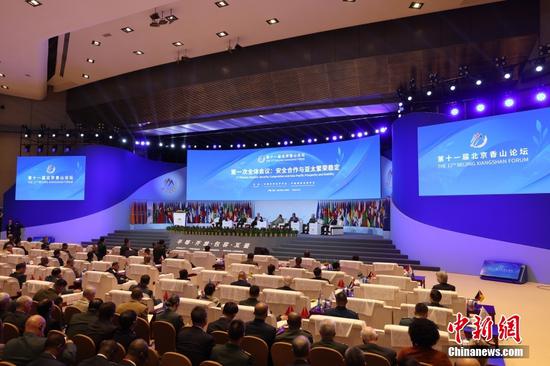
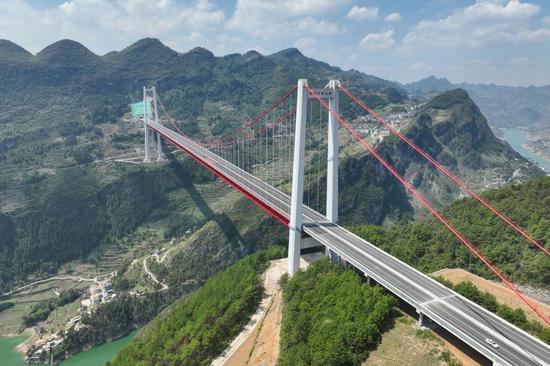
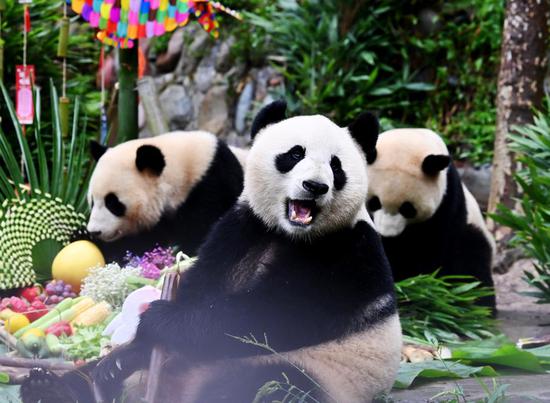
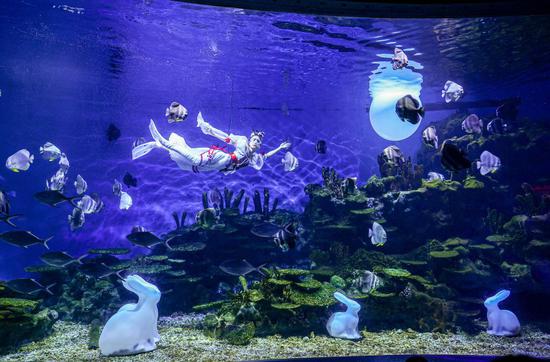
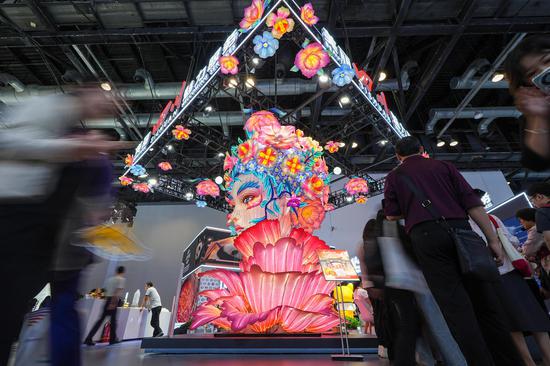
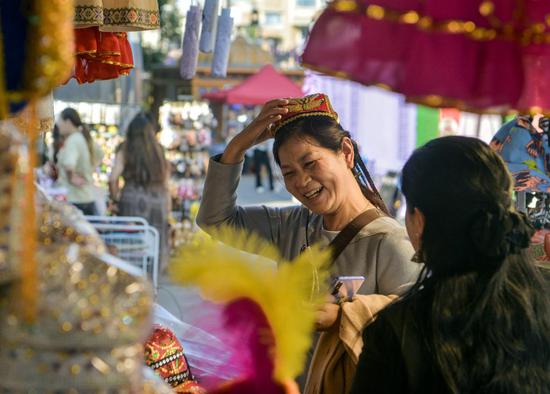
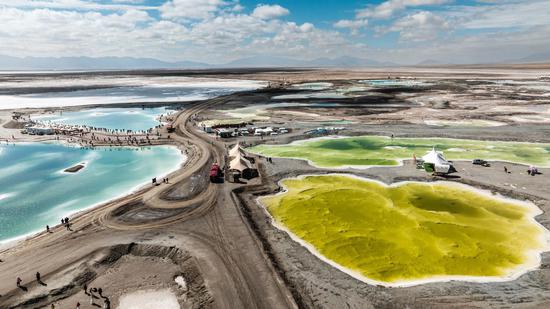
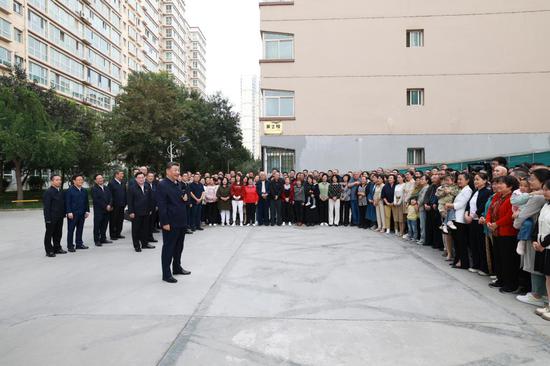
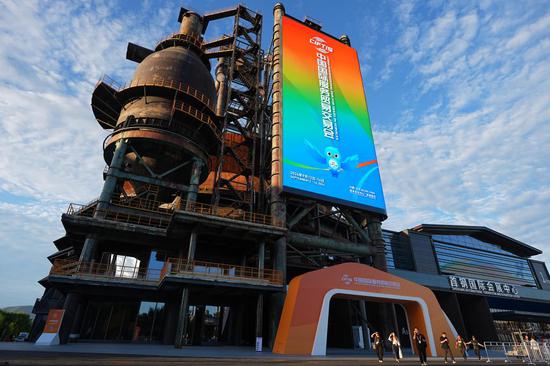
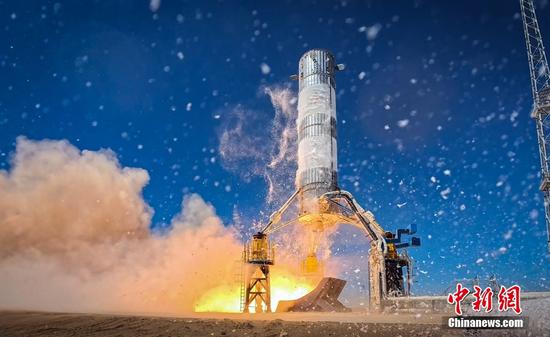
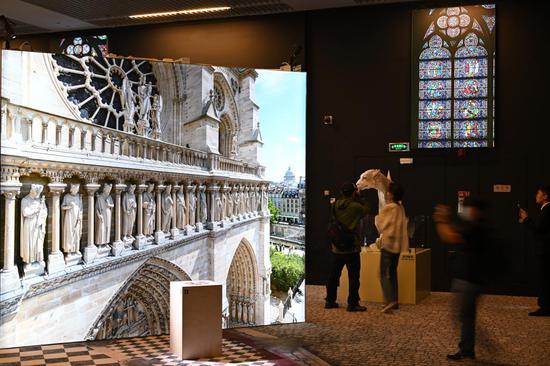
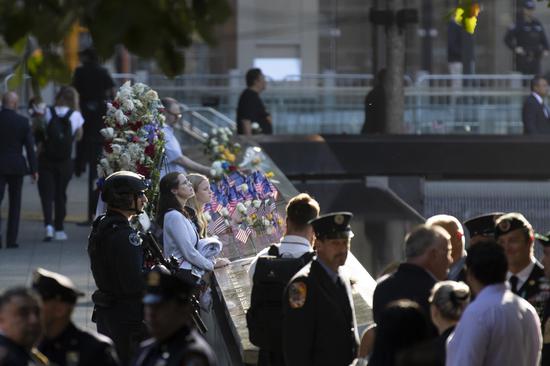
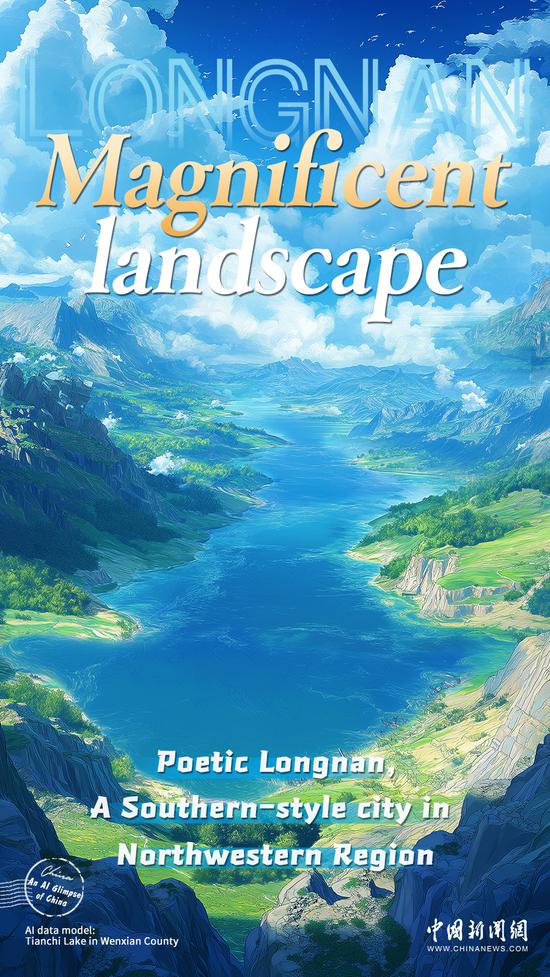
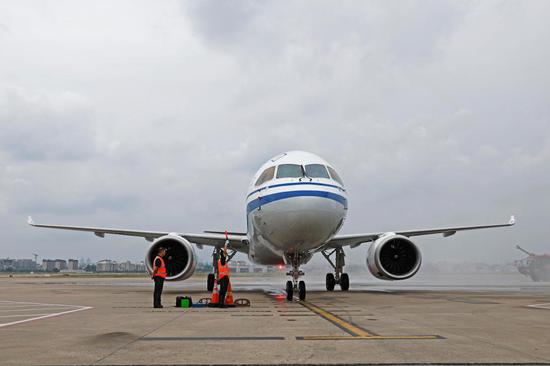
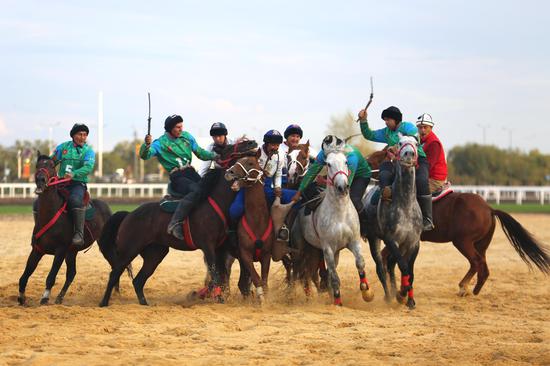
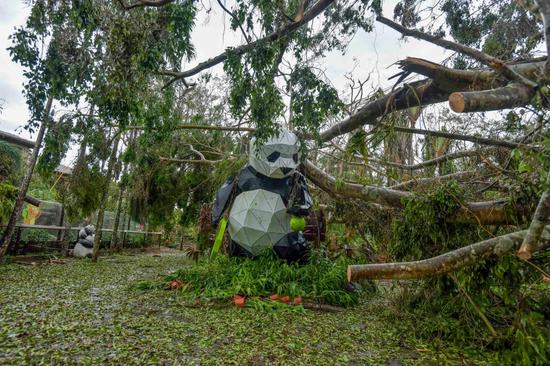
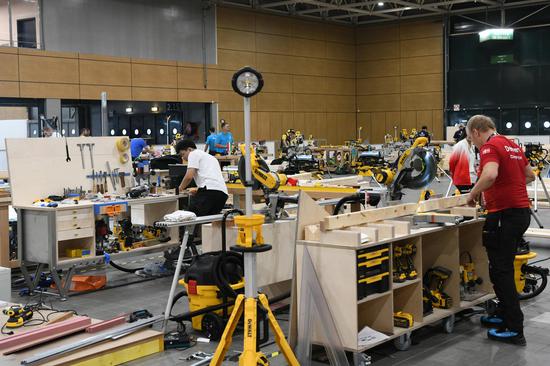
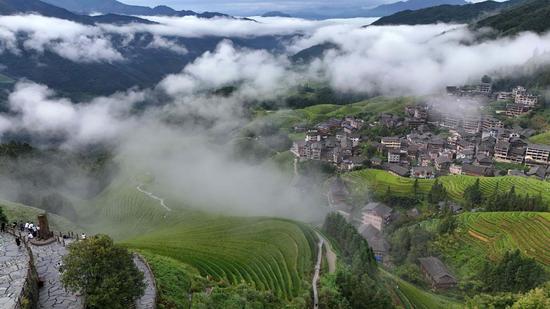
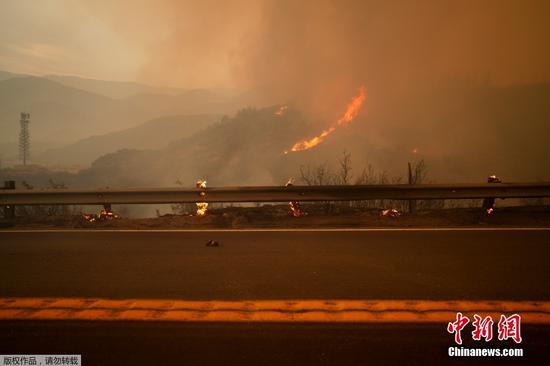
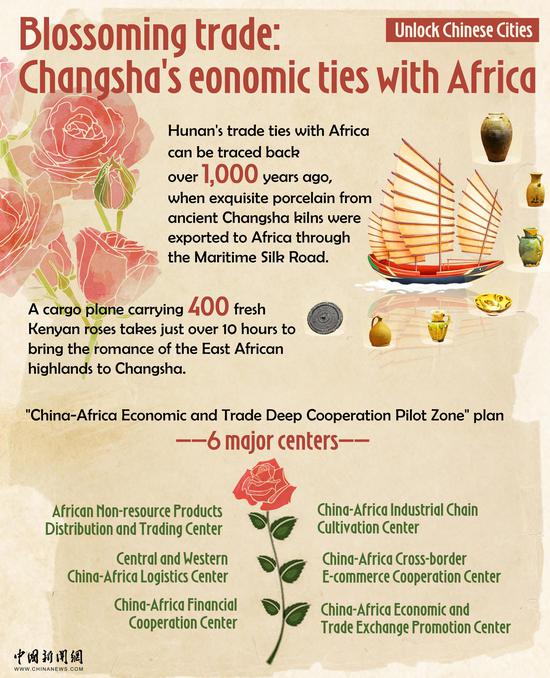
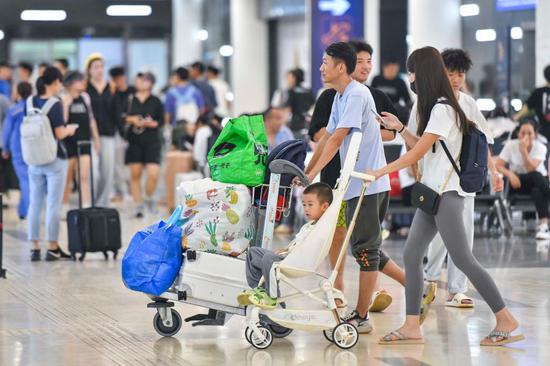
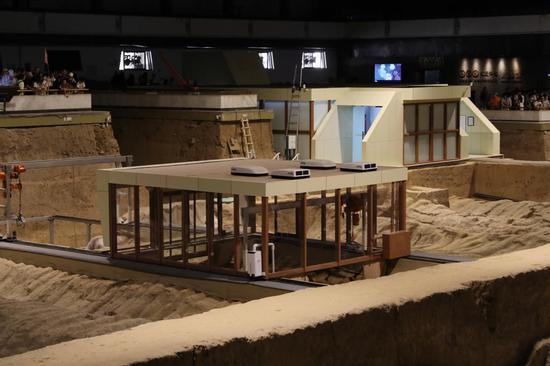
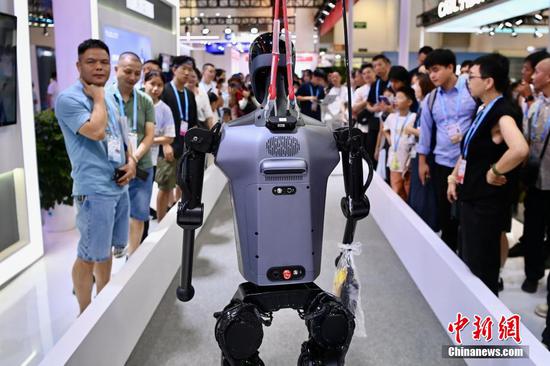
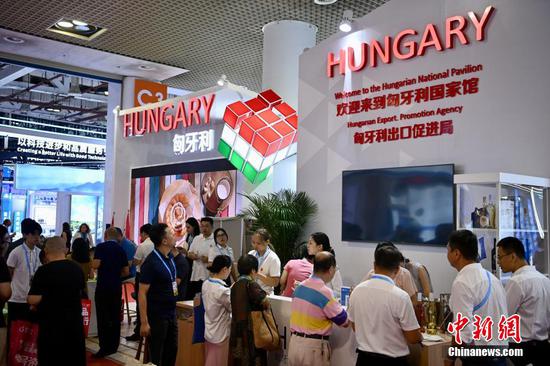

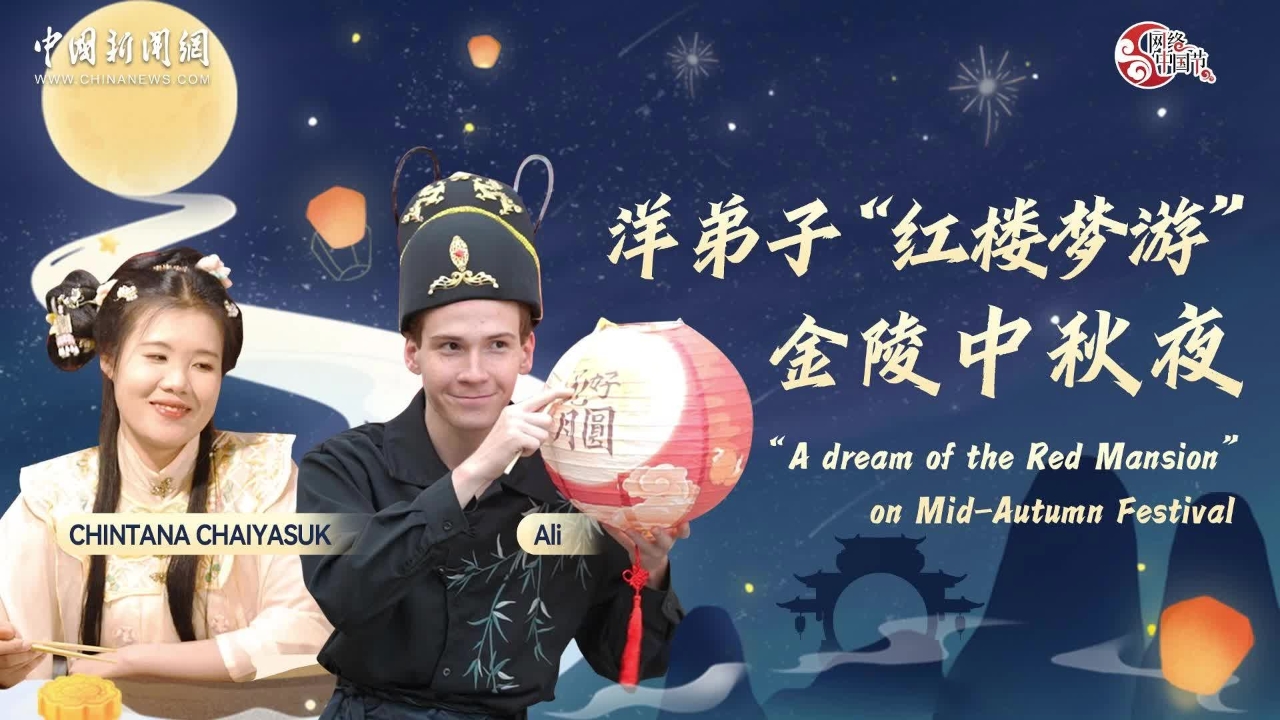

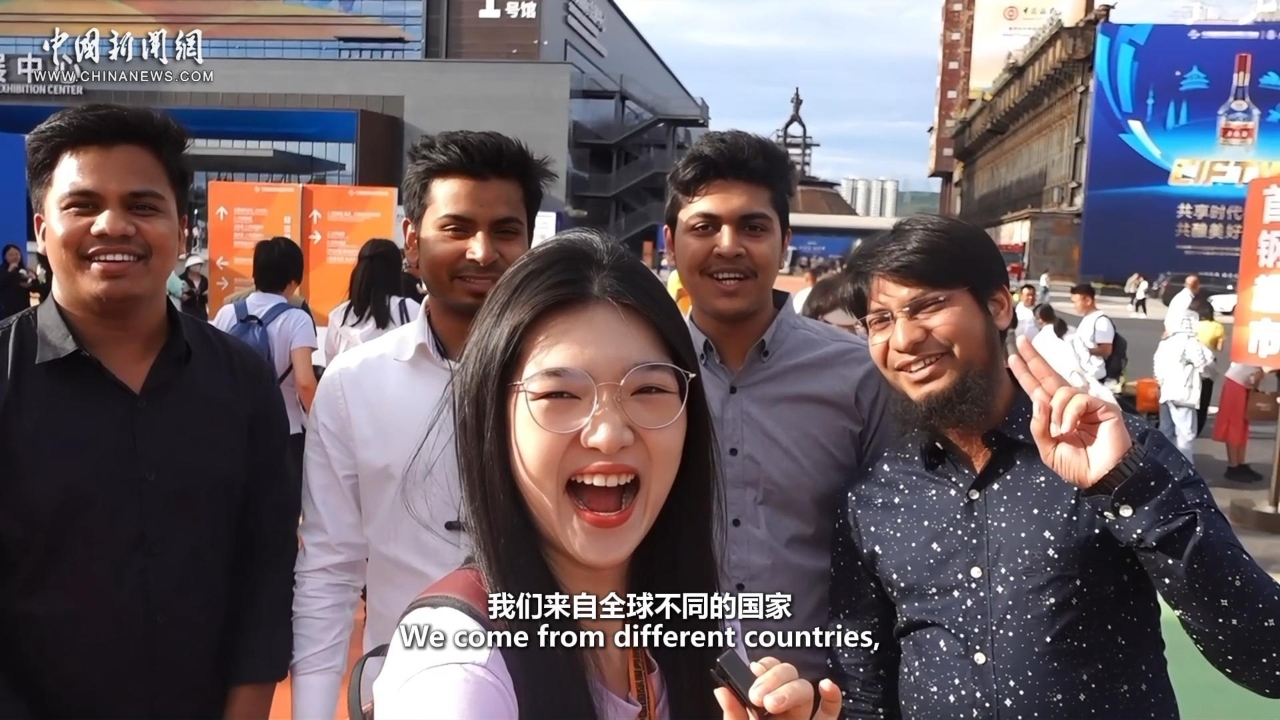

 京公网安备 11010202009201号
京公网安备 11010202009201号